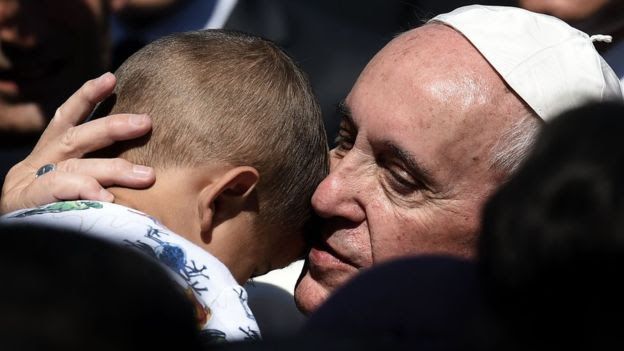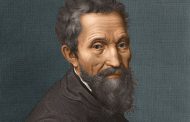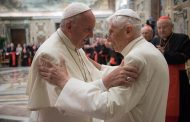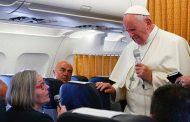Migrant crisis
- Short migrant journey back to Turkey
- EU-Turkey migrant deal: A Herculean task
- Turkey has European Union over a barrel
- The tricky business of solving Europe’s migrant crisis
Pope Francis has taken 12 Syrian migrants back with him to the Vatican after visiting a camp on the Greek island of Lesbos.
The three families, including six children, are all Muslim and had their homes bombed during the Syrian war. The Vatican said in a statement that Pope Francis wanted to “make a gesture of welcome” to the refugees.
Thousands of migrants are now stuck on Lesbos after last month’s EU-Turkey deal to try to ease the flow.
All of those leaving with the Pope were already living on Lesbos before the deal was implemented, the Vatican said.
They were reportedly selected from lots drawn, and will be looked after initially by the Sant’Egidio community, known for their charity work.
Why is the Pope going to Lesbos?
Short journey back from Lesbos to Turkey
Bewildered migrants await fate
Crisis explained in seven charts
Under the EU-Turkey agreement, migrants arriving illegally on the Greek islands from Turkey after 20 March will be deported unless they successfully claim for asylum.
In return, for every Syrian returned to Turkey, the EU will take another Syrian directly from Turkey.
Pope Francis earlier told migrants living in the Moria camp – some of whom are facing being sent back – “you are not alone”.
About 3,000 people are being held in the camp on Lesbos, some of whom lined the streets with banners pleading for help as the Pope arrived.
Some wept, others threw themselves at his feet or chanted “freedom”.
In his speech, the Pope acknowledged “the great sacrifice” the people in the camp had made, saying he wanted to “draw the attention of the world to this grave humanitarian crisis”.
He told the camp’s residents: “Do not lose hope. The greatest gift we can offer to one another is love.”
Greek Prime Minister Alexis Tsipras, who also met the pontiff, said the visit “sends a message that surpasses Greece’s and Europe’s borders”.
The Vatican has stressed the Pope’s visit was purely humanitarian and religious in nature and should not be seen as a criticism of the deportations.
Courtesy : BBC News





